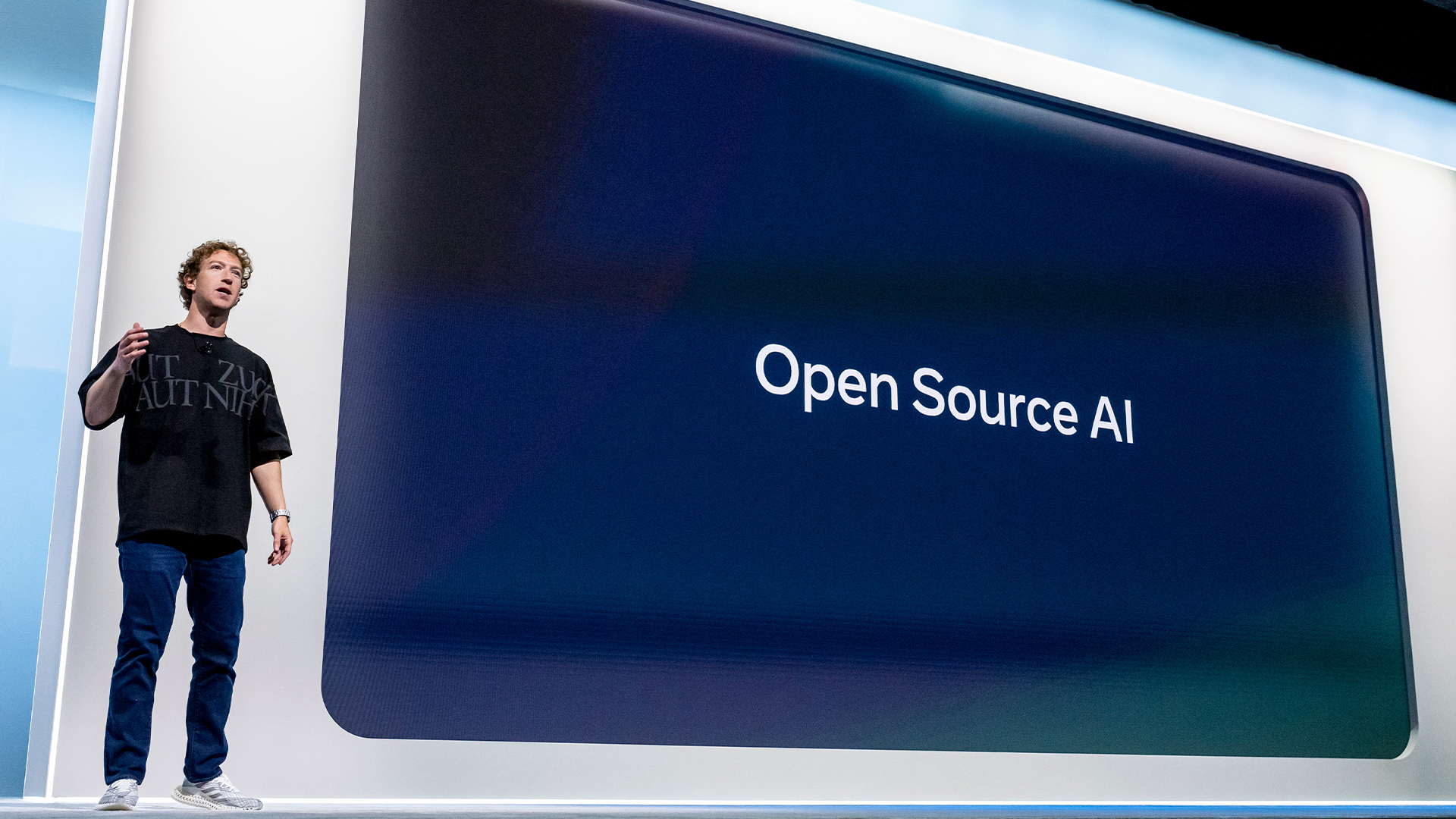Meta is facing fresh accusations of “open washing” after sponsoring a Linux Foundation research paper detailing the growth of open source AI solutions.
The study, published earlier this month, highlights the benefits of open source AI systems, noting that they represent the most cost-effective options for enterprises of all sizes—particularly small businesses.
Notably, the study found organizations using closed source AI models could expect to spend around three and a half times more on software compared to open source options.
The research is the latest in a slew of studies touting the benefits of open source AI. A survey from IBM and Morning Consult in January this year showed over half of enterprises using open source AI tools are more likely to see a positive return on investment (ROI).
Two-in-five respondents not yet using open source AI solutions revealed they plan to adopt these tools for AI projects over the next year.
Meta’s involvement in the Linux Foundation study has proved to be controversial in this instance, with critics suggesting that it’s essentially been used to market the company’s ‘Llama’ AI models.
OpenUK chief executive Amanda Brock said these models don’t meet the prerequisites to be classed as truly ‘open source’, yet neither Meta nor the study acknowledge this.
“Llama isn’t ‘open source’, whatever definition you chose to use for open source,” she said.
“Personally, I prefer the Open Source Software Definition (OSD) from the Open Source Initiative (OSI). Llama doesn’t meet its standard of open source for a number of reasons including the inclusion of a commercial restriction in its licensing,” Brock added.
“This restriction interrupts the free flow at the heart of open source licensing and creates friction. We rely on open source being usable by anyone for any purpose and Llama is not.”
Meta’s flagship Llama model range is described as ‘open source’, but the company has faced repeated pushback from industry stakeholders on this claim, mainly due to disagreements over what actually constitutes ‘open source’.
This point of contention centers around licensing terms imposed upon users once they reach a certain level of commercialization. Essentially, Llama models are open access, but there are limitations imposed upon users in certain circumstances.
Earlier this year, the Open Source Initiative hit out at the company on this topic, insisting that Meta “keeps on falsely promoting Llama as open source”.
While Brock commends Meta for its work with the Llama range as a “step in the right direction” in terms of open source awareness, the promotion of its models here still shows there’s a long way to go before “open washing” can be fully tackled in the tech industry.
“With Meta’s website listing a key takeaway of their report as ‘Linux Foundation Research shows how open source AI models, like Llama, are driving economic growth, innovation and competition by making crucial tech solutions more accessible’, it’s hardly surprising that the OSI is up in arms and accusing the Linux Foundation of supporting open washing,” said Brock.
“Open washing isn’t just an open source issue today. With regulators like the EU using the term open source as the basis of exceptions to liability in AI and the standards that must be met in AI, the impact of open washing has become a societal one.”
Meta isn’t the only industry developer to have fallen foul of the open source definition debate in recent years.
In March 2024, Databricks launched its own large language model, DBRX, which experts at the time also claimed didn’t meet open source standards. This was because it included an external acceptable use policy and operated on a license outside the jurisdiction of the OSI framework.
MORE FROM ITPRO
Source link
